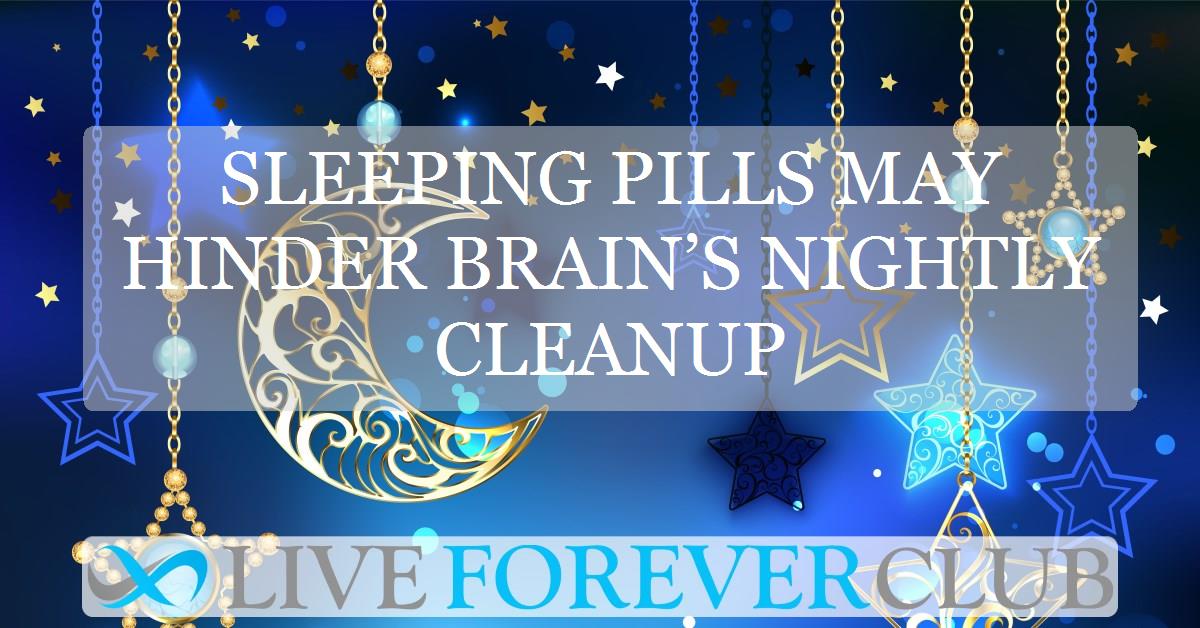Key points from article :
While sleeping pills like zolpidem (Ambien) help people fall asleep faster, they may interfere with the brain’s natural ability to clear waste during sleep. Maiken Nedergaard at the University of Rochester Medical Center in New York explains that the brain uses a system called the glymphatic system, akin to a "dishwasher," to flush out toxins using cerebrospinal fluid during non-REM sleep.
In a study with mice, Nedergaard’s team discovered that fluctuations in norepinephrine levels help pump cerebrospinal fluid in and out of the brain, crucial for clearing waste. When mice were treated with zolpidem, the flow of cerebrospinal fluid dropped by an average of 30%, suggesting impaired waste clearance. Nedergaard notes that "their brain doesn’t get cleaned very well" under these conditions.
Though it remains unclear how closely these findings apply to humans, Laura Lewis at MIT suggests the brain circuits involved are likely similar. If further research confirms this effect in people, new sleep medications may be necessary to support both restful sleep and healthy brain function.





